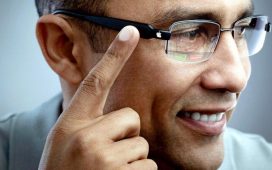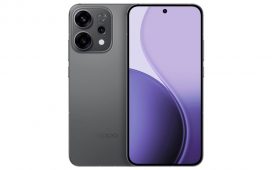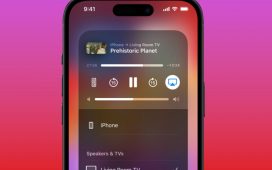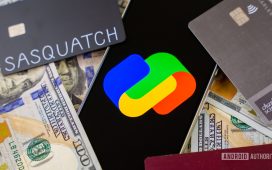Forget iPhones — the genius who designed them is working on a top-secret device that could make them obsolete.
Jony Ive, the design mastermind behind the iPhone, iPod, and Mac, is teaming up with OpenAI in a $6.5 billion deal that may completely change how we use technology.
OpenAI is the owner of ChatGPT, the fan-favorite language generator that’s been used by adults writing cover letters and students cheating on their homework.
So far, ChatGPT has mostly lived inside apps and web browsers, requiring users to type out their questions
Ive and OpenAI boss Sam Altman have been secretly working together for two years on a next-gen gadgets that that could change that.
Rumors are that there could be smart headphones, glasses, and speakers. Or it could even be a reimagined smartphone — a product that could shake up the market just like the iPhone did back in 2007. The idea would be to use whatever’s most convenient at the time.
Either way, it threatens to replace not just smartphones as we know them today, but Amazon’s Alexa and even Google Search.
Apple share price plunged after the shock news emerged on Wednesday night.
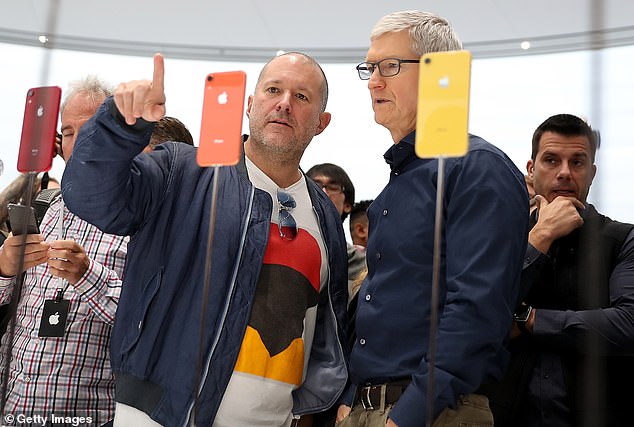
Jony Ive, left, the legendary designer behind some of Apple’s biggest sales successes, is moving over to OpenAI
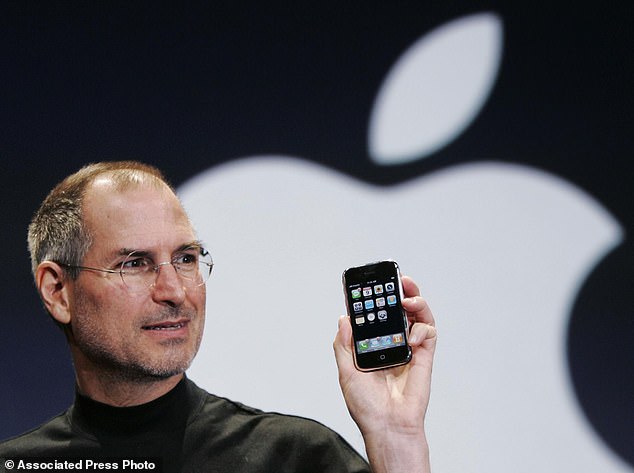
Apple CEO Steve Jobs holds up an Apple iPhone at the MacWorld Conference in San Francisco, in this Jan. 9, 2007 file photo
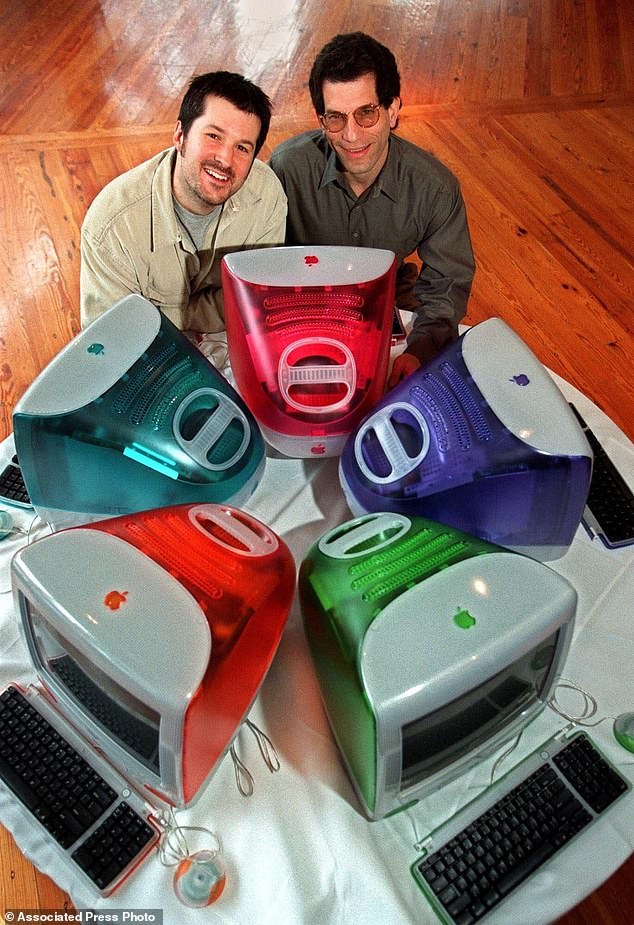
This March 19, 1999 file photo shows Jonathan Ive, left, Apple Computer’s vice president of design, and Jon Rubinstein, Apple’s senior vice president of engineering, posing behind five iMac personal computers at Apple headquarters in Cupertino
Ive left Apple in 2019, and set up his own consultancy LoveFrom. He had worked with companies like Ferrari and AirBnB that were not direct rivals to Apple.
This week’s deal, valued at $6.5 billion, gives Ive and his firm, LoveFrom, sweeping design and creative control for future products out of the AI company.
Ive’s transition into the AI world is not a huge surprise: the technology has seen a boom of US investment since the mid-2010s. But the acquisition is a huge get for OpenAI, a company that is attempting to become cash-flow positive by 2029. OpenAI lost $5 billion last year.
So far, the company has a few consumer products that bring in modest returns, including subscriptions for upgraded ChatGPT models and the image-generating DALL-E.
But OpenAI has hopes for a wider set of consumer products that will make decisions on their own, like ordering groceries when they’re depleted from a fridge or planning vacations.
The development of profitable, consumer-based AI products has so far remained elusive for some of America’s biggest brands.
Apple and Google are two of the best examples of tech behemoths that have struggled to implement the technology.
In March, Apple had to postpone its AI improvements to voice assistant Siri until 2026. Tech-heads have consistently criticized Google for joining the AI arms race too late.
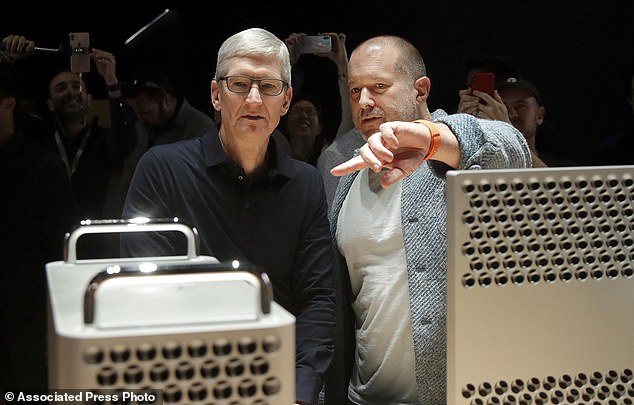
In this Monday, June 3, 2019 file photo, Apple CEO Tim Cook, left, and chief design officer Jonathan Ive look at the Mac Pro in the display room at the Apple Worldwide Developers Conference in San Jose, Calif.

Apple’s digital music player, iPod, is displayed after its introduction by Apple Computer Inc. chief executive officer Steve Jobs during a news conference, Oct. 23, 2001, in Cupertino, Calif. It was designed by Jony Ive
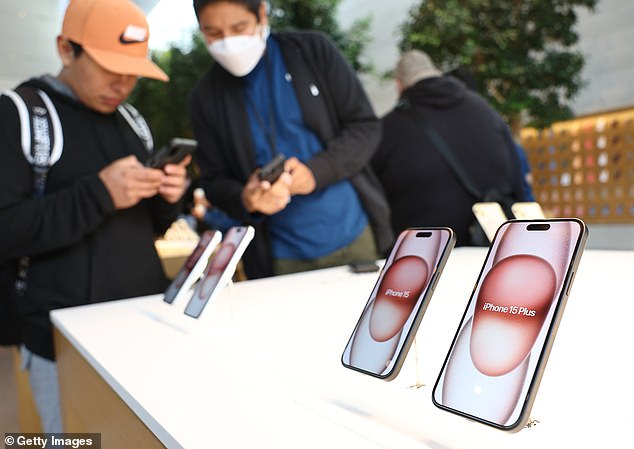
Apple has struggled to launch AI consumer products in its iPhones
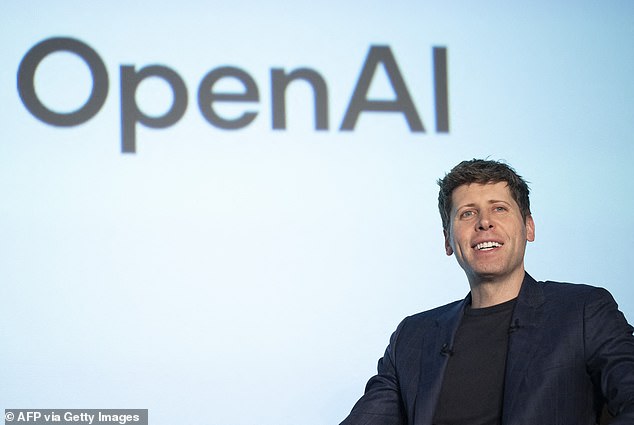
OpenAI’s top executive, Sam Altman, has been on a hiring streak – he is attempting to make more consumer products that will eventually turn a profit for his ultra-powerful startup
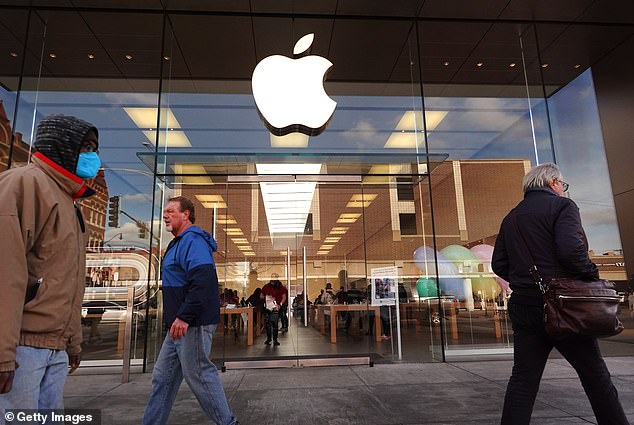
Apple was America’s most profitable company in 2024 – only Saudi Aramco, the Saudi Arabian oil giant, made more last year
He and legendary Apple CEO, Steve Jobs, worked hand-in-hand on the company’s products.
Ive left the California-based tech firm after cracks appeared in the relationship with Jobs’ replacements.
Since his Apple exit, he has partnered with several consumer companies to help with design matters, like Ferrari and AirBnB.
The partnership between Ive and OpenAI will also bring Ive’s other company, io, into the fold in a complex financial deal.
io housed a staff of 55 engineers and scientists who are now OpenAI employees.
‘I have a growing sense that everything I have learned over the last 30 years has led me to this moment,’ Ive said, per the Wall Street Journal.
Altman has been on a hiring spree as the company attempts to quickly turn around its financial position.
OpenAI’s CEO recently hired Fidji Simo, the former head of Instacart and Facebook executive, to focus on the brand’s operations strategy.

